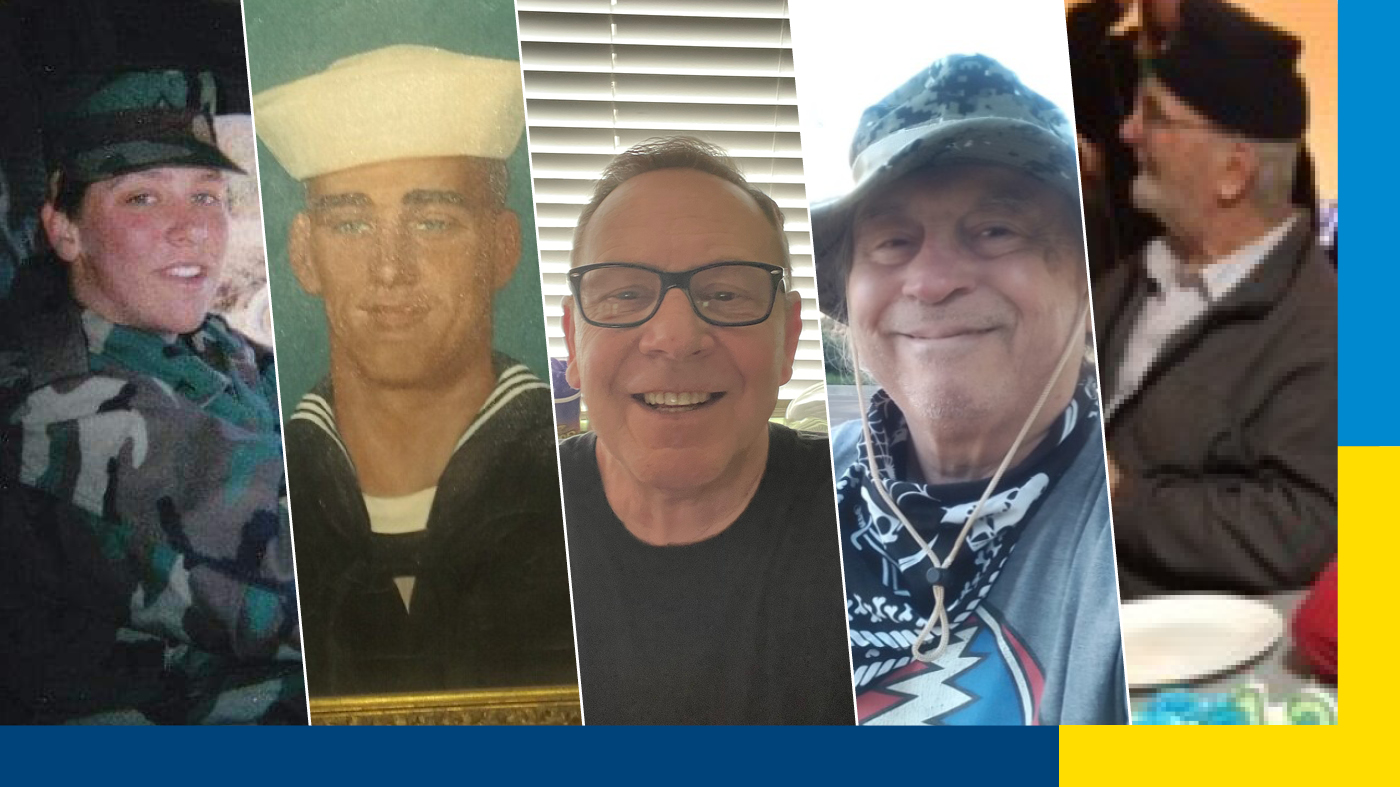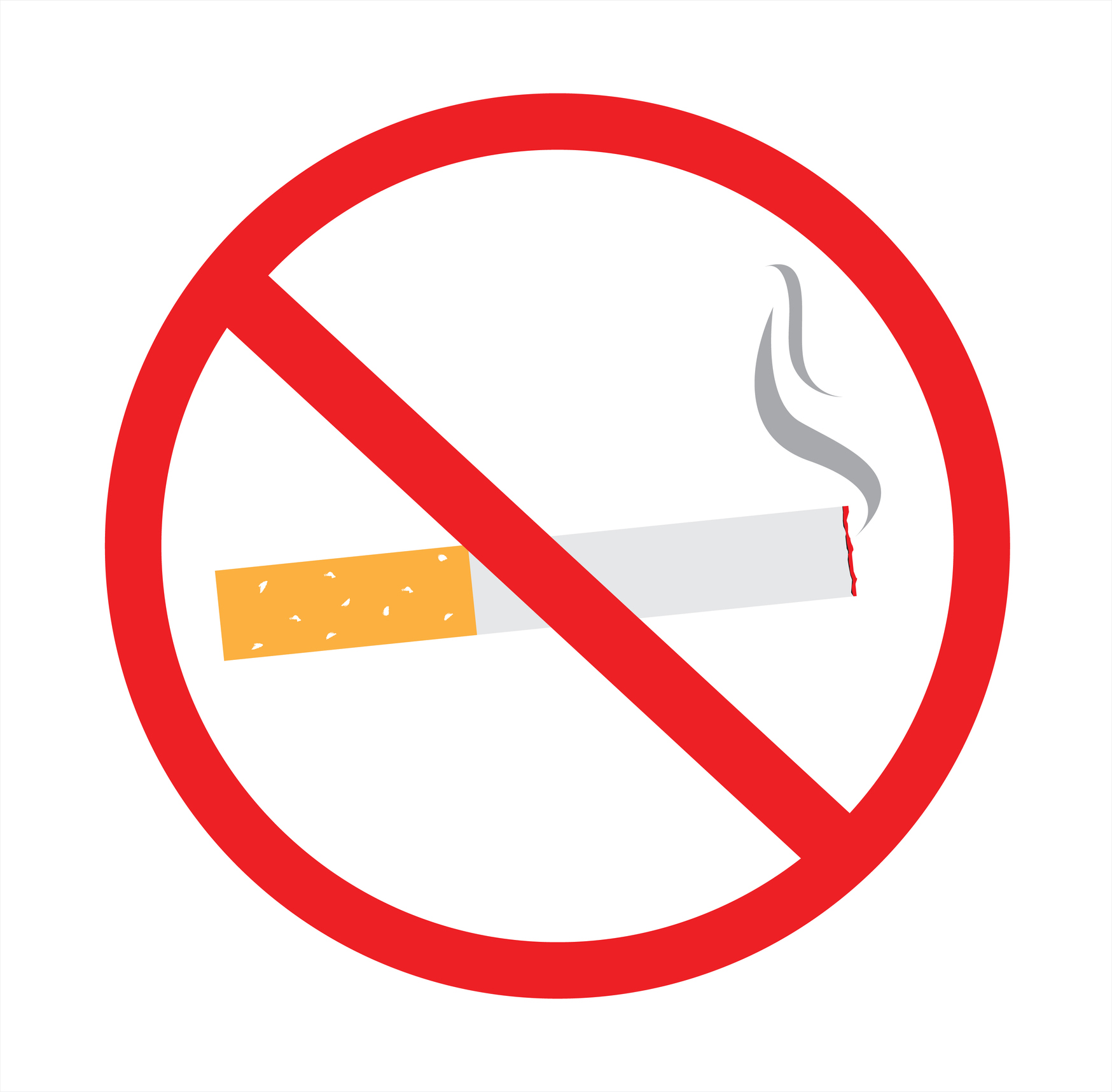Do you remember why you tried your first cigarette, chew or dip? Looking back, people often point to a reason that no longer applies. A social situation, peer pressure, a specific stressor or even just regular exposure while growing up can lead to tobacco use.
Looking ahead, there are reasons to stop using tobacco — like improving your health and saving money — that are important today and will be for a long time.
While everyone’s journey toward living tobacco-free might be different, these five Veterans who stopped smoking or chewing tobacco have at least two things in common: They changed their mindset to make this attempt to stop their last and they took advantage of VA’s tobacco use treatment and support.
Motivators: What matters to you?
One of the most important characteristics that the five Veterans share is having life goals that motivated them to stay on the path toward becoming tobacco-free.
Jeff, a 72-year-old Navy Veteran, began smoking during his service in Vietnam. He stopped using tobacco periodically over the years but he always started up again. Then it hit him: Why was he continuing to sabotage his health? Why would he go out of his way every day to drive to the store, park, stand in line and sheepishly ask for cigarettes, all for something he knew would jeopardize his health? “Enough is enough,” he thought.
Angie, an Army Veteran, found the motivation and support she needed to stop smoking and stay tobacco-free after 30 years when she wanted to have gastric bypass surgery. She would have to stop smoking before the surgery, her doctors explained, because if she continued, it would take her longer to heal and make her incision more prone to infection.
It took Angie four years to finally stop smoking. That decision has led to successful surgery (and a 165-pound weight loss) and thousands of dollars in the bank. She used the money she saved on cigarettes to pay for a family vacation to Florida.
Used cigarette money to buy wife car of her dreams
Vic started smoking more than 50 years ago while serving in the Army in Vietnam. He was moved to stop when his 8-year-old granddaughter asked him to quit so that he would be around for her wedding. Since becoming tobacco-free, Vic’s heart rate and blood pressure have improved, and he has lost 25 pounds.
Vic put his cigarette money aside and bought his wife of 47 years the car of her dreams with his savings.
Tobacco use treatment methods
Most people try several different treatment options before they find the right therapy or combination that fits their lifestyle. For these five Veterans, some of the biggest keys to their success have been getting support from VA and other Veterans and later providing the same kind of support to other Veterans.
For Angie, the right combination was nicotine replacement therapy (NRT) patches and VA group counseling sessions for people who currently use and formerly used tobacco. She stopped smoking in 2017 but still attends the group regularly to give and receive support for remaining tobacco-free.
Like Angie, Tim has attended VA classes for almost two years. The Marine Corps Veteran stopped using smokeless tobacco after 35 years, using NRT patches and lozenges to wean himself from the nicotine. Tim went to a tobacco use treatment class at his local VA medical center to support a friend who wanted to stop smoking. He was so inspired by the Veterans in the class that he decided to quit.
“VA will do anything they can to get you through it.”
When Tim learned that there are abrasive materials in smokeless tobacco that irritate the gums and cheek to allow the nicotine to enter the bloodstream more easily, it was the last straw. Tim was through with tobacco.
Michael, an Air Force Veteran, tried to stop using tobacco several times, in part because it is viewed so negatively, it’s expensive and it was difficult to find places to smoke. He tried hypnotism and acupuncture therapy, but neither worked for him.
Two years ago, after 45 years of smoking hundreds of thousands of cigarettes, he stopped with the help of the prescription medication varenicline and tobacco use treatment classes at VA.
“They’re very supportive,” Michael says. “They’re there to help you and they’ll do anything they can to help you get through it.”
Make the appointment
Take a moment to think about your goals and how living tobacco-free might help you achieve them. VA has many options available to help Veterans stop smoking, chewing or dipping. Treatment isn’t one size fits all, so work with your VA health care provider to discuss treatment options and tailor a combination of therapies that can help you stop using tobacco for good.
Use My HealtheVet to send your provider a secure message or set up an appointment to talk about your options. Learn more about how to stop tobacco use.
Topics in this story
More Stories
The Medical Foster Home program offers Veterans an alternative to nursing homes.
Watch the Under Secretary for Health and a panel of experts discuss VA Health Connect tele-emergency care.
The 2024 National Veteran Suicide Prevention Annual Report provides the foundation for VA’s suicide prevention programs and initiatives.








Is it safe to quit cold turkey while going through a sinus infection? I’m also having early signs of dementia
I had quit smoking twice before I entered the smoking cessation program at Durham VAMC 15 years ago and I am still smoke free today. It is the best thing I ever did for myself. I used the money I wasted on cigarettes and learned to scuba dive. If I can quit anybody can. If you can make it one day without smoking you can quit forever. Thank you Durham VA for helping me do it!